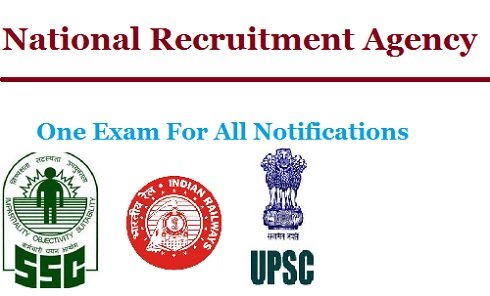New Education Policy, 2020
In News- The Union Government recently implemented the 2020 New Education Strategy. It replaced a 34-year-old National Education Program that was introduced in 1986. The Cabinet has also approved the Ministry of Education's renaming of the Ministry of Human Resource Development.
Aim Of Policy:-
The policy's goal is to create an education system that directly contributes to transforming the country, delivering high-quality education to all, and making India a global superpower of knowledge. This is aimed at creating an inclusive & equitable education system by 2030 and creating 100 percent of youth and adult literacy in India. It aims to increase public spending in the education sector to the earliest touch of 6 percent of GDP.
Main Highlights Of New National Education Strategy 2020
1. Founding Stage
This is the early stage of childhood composed of two parts. This includes a nursery for children aged 3 to 6 in the first part of 3 years and includes Class 1 to 2 in the second part of 2 years, which provides activity-based learning for girls.
2. Preliminary Stage
This stage is for Classes 3 to 5 and will target children aged 8 to 11. It consists of an exploration, activity-based, and interactive approach to children's learning in the classroom.
3. Middle stage
This stage is for classes 6 to 8 and will target the age group students of 11 to 14 years. It is a groundbreaking step to bring to this level of experiential learning. This would help students to understand the meaning behind the idea and use the learning process by using so in subjects such as science, maths, music, social science, etc.
4. Secondary Stage
This is the final stage of this new academic curriculum designed for classes 9 to 12 for the 14 to 18 age group. This stage incorporates greater critical thinking and allows the student to select his / her choice of subjects.
Other Changes
Numerous new educational institutes, organizations, and concepts have been given legislative permission to be established under NEP 2020.
This applies to:-
1. Global Commission on Education, chaired by India's Prime Minister.
2. Global Educational Technology Forum, a medium for sharing ideas about the use of technology to enhance learning.
3. Gender Equality Program, to help the nation educate women and transgender children.
4. Special Education Areas to focus on underrepresented group education in disadvantaged regions.
5. National Foundation for Science, to boost science and innovation.
This Week's Top Stories About New Education Policy 2020
Important schooling highlights start now at age 3. The New Education Policy extends the age group from 6-14 years of compulsory education to 3-18 years of schooling. The NEP introduces three years of pre-schooling previously uncovered, the age group of 3-6 years under the school curriculum. With three years of Anganwadi / pre-schooling, the new program will have 12 years of schooling. The 10 + 2 structure of the school curriculum, with emphasis on Early Childhood Care and Education (ECCE), is to be replaced by a 5 + 3 + 3 + 4 curriculum structure corresponding to age 3-8, 8-11, 11-14, and 14-18, respectively. The NEP focuses as the medium of instructions on the mother tongue of the student even as it adheres to the 'three-language rule, but also ensures that no language should be forced on anyone. The NEP recommends only the mother tongue as an instructional medium and does not make it compulsory. The policy document states that children learn in their home language and comprehend non-trivial concepts faster. "Wherever possible, the instructional medium will be the home language, the mother tongue, the local language, or the regional language until at least Grade 5, but preferably until Grade 8 and beyond. The home or local language shall consequently continue to be taught as a language, wherever possible. This will be followed by both private and governmental schools. NO UGC, AICTE, NCTE Higher Education Commission of India(HECI) will be formed as a single umbrella body for the entire higher education, excluding medical and legal training. The same set of regulatory, accreditation and academic standards will apply to public and private higher education institutions. The govt. will phase out college affiliation in 15 years, and a step-wise system for granting graded autonomy to colleges is to be created. Science, art, and commerce are becoming blurred.
ANUPAM SINGH














0 Comments